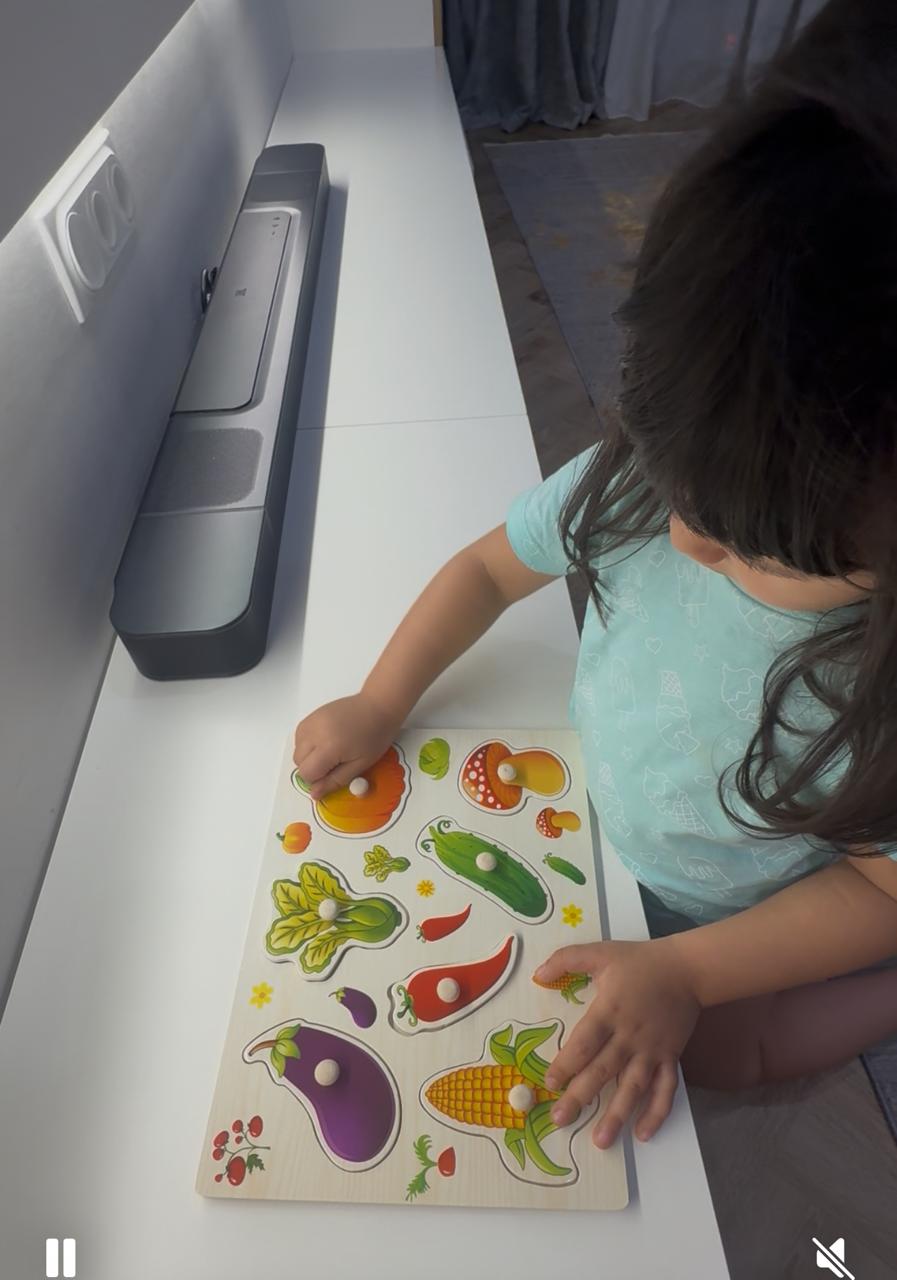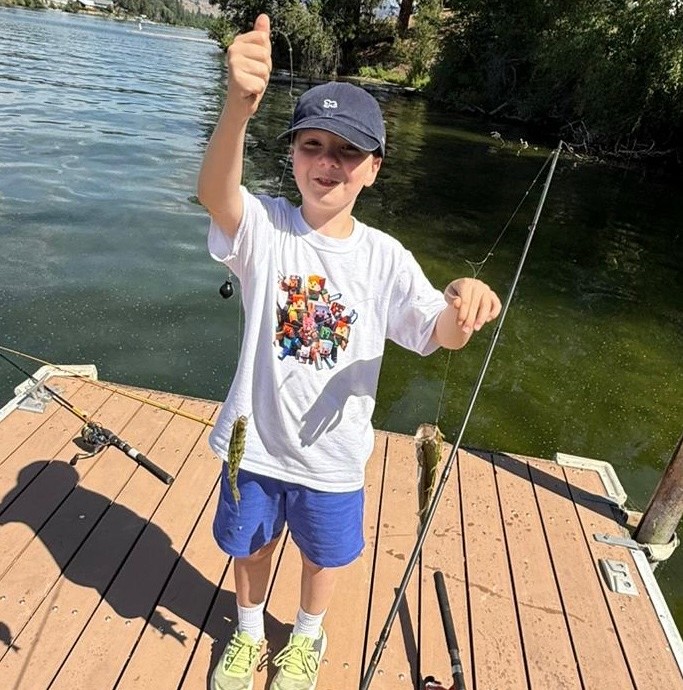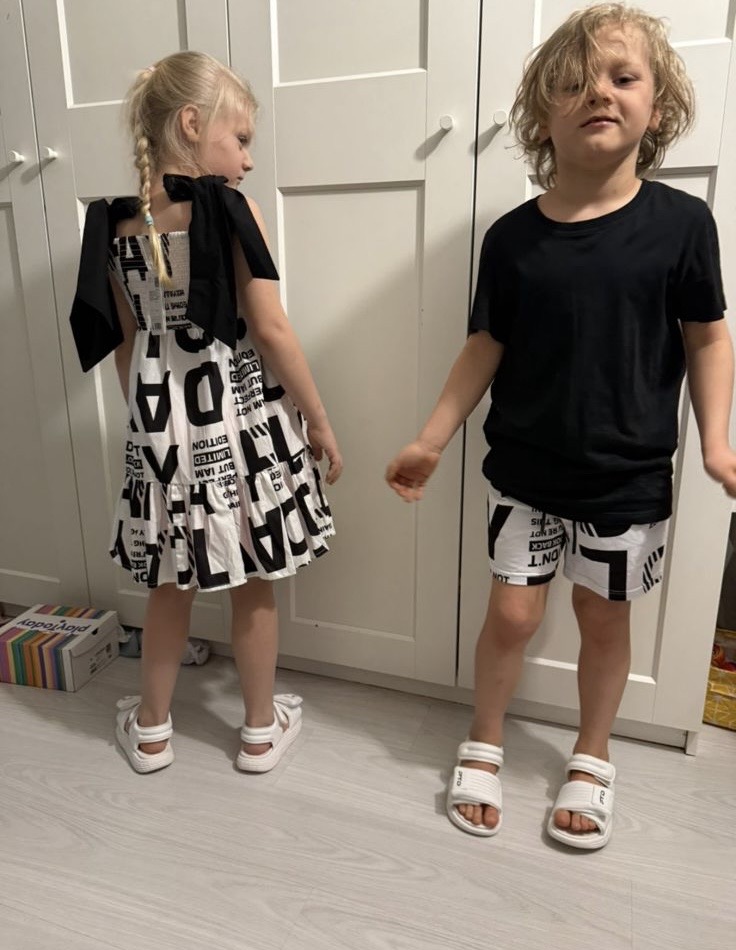Psychological Counseling for Children with Autism and the Entire Family
Autism is a spectrum of neurodevelopmental disorders characterized by a persistent lack of social interaction and communication, sometimes accompanied by repetitive behavior and a lack of interest or activity. These symptoms typically become noticeable in children under the age of three. Addressing these symptoms is a complex task, but certain interventions, such as psychological correction for autism, play an essential role in improving quality of life.
Symptoms Requiring Immediate Psychological Counseling
There are several signs of autism spectrum disorders (ASD) that require immediate psychological counseling. These include:
- A complete refusal to communicate or extreme social withdrawal, lack of empathy, and no interest in joint activities, including play.
- Inability to communicate both verbally and non-verbally. Autistic children often cannot decipher tone, facial expressions, or body gestures, maintain eye contact, and their speech often includes echolalia.
- Strong attachment to specific objects.
Before any therapy is conducted, a thorough assessment should be done, including tests and, if necessary, brain scans. This helps identify a child’s strengths and weaknesses and determine their needs. Consultations with specialists in various fields allow for identifying neurological problems, gastrointestinal issues, sleep disorders, sensory hypersensitivity, speech and motor difficulties, etc. Immediate intervention is necessary to address factors causing irritability and hindering the development of life skills.
Psychological Assistance in Autism
Psychological help for autism aims to alleviate the main symptoms, such as social and communicative difficulties, behavioral and cognitive impairments, repetitive behavior (echolalia), and others. This includes:
- Speech or communication interventions (e.g., communication systems using picture exchange);
- Play, theatrical, and music therapies to facilitate intensive group interactions, developing communication skills, and overcoming sensory system issues.
Psychologists also use various techniques, including emotional regulation and socialization activities, to assist children in daily activities. For children who experience anxiety or outbursts when changes in routine occur, intervention to reduce anxiety is essential.
Support for Parents
Parents of children with autism also need psychological support. On the one hand, they are the primary source of support for their autistic child, but on the other hand, they have the right to a fulfilling family life. Many parents report feelings of depression and anxiety caused by numerous challenges and unexpected situations, which can sometimes lead to the development of psychological disorders and, consequently, negatively affect family relationships. These parents need guidance on how to organize their lives and cope with stress.
Raising a child with autism is undoubtedly a challenging experience for both the child and the parents. Life for both can be made easier if, before tackling the crucial skills of daily living, the disorder and its symptoms are addressed. To achieve this effectively, cellular therapy should be utilized—an innovative approach that minimizes or completely eliminates the impact of autism on behavior, cognitive abilities, overall development, and other aspects related to the brain and nervous system.
The Role of Cellular Therapy
Cellular therapy works through stem cell transplantation, taken from the patient’s own body, eliminating the risk of rejection. The unique property of these cells is their ability to transform into any other type of cell. This process replaces damaged cells, which cannot perform their functions properly, with healthy analogs, resulting in a reduction or complete disappearance of symptoms related to eating, behavior, and other disorders for an extended period, or even permanently. As a result, supplementary corrective measures for autism become more effective.
The positive effects of cellular therapy have been well-documented in practice, leading to complete recovery or stabilization of conditions in thousands of individuals with autism. This safe and natural technique is widely recognized and may become the primary approach for treating ASD in the future. Leading clinics around the world, including the Mardaleishvili Medical Center, already use it. The center’s highly qualified doctors have extensive successful experience in stem cell transplantation and utilize the latest equipment. The service costs are lower than in other countries with developed healthcare systems, and the center’s staff provides assistance with planning travel, accommodation, and addressing various other needs.
Cellular Therapy—The Best Solution for Psychological Challenges!
Autism Treatment Center Videos
Autism treatment with own stem cells
Cord blood association congress
International Quality Crown
Autism Treatment Reviews
Autism treatment with own stem cells
The story of Alessandro (6 years old)
Autism Patient Testimonial - Stem Cell Treatment
Clients Testimonials

Lidiya — Elina’s mother Read More

Anna – Sasha’s mother Read More

Amirkhon’s father — Tokhir Read More

Dilana’s mother Read More

Irina and Stefan – Ilya’s parents Read More












